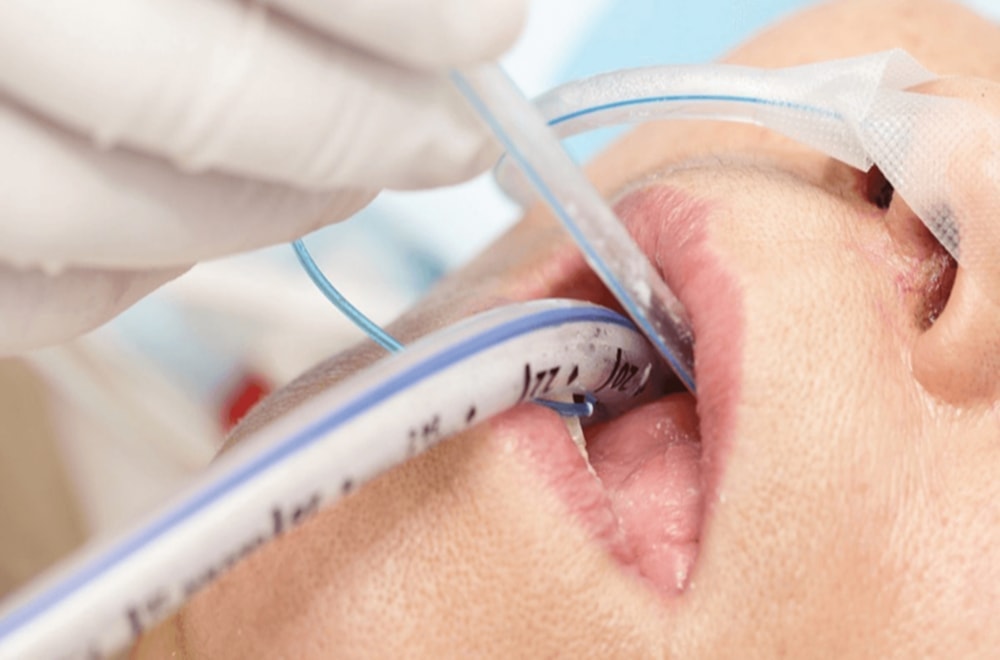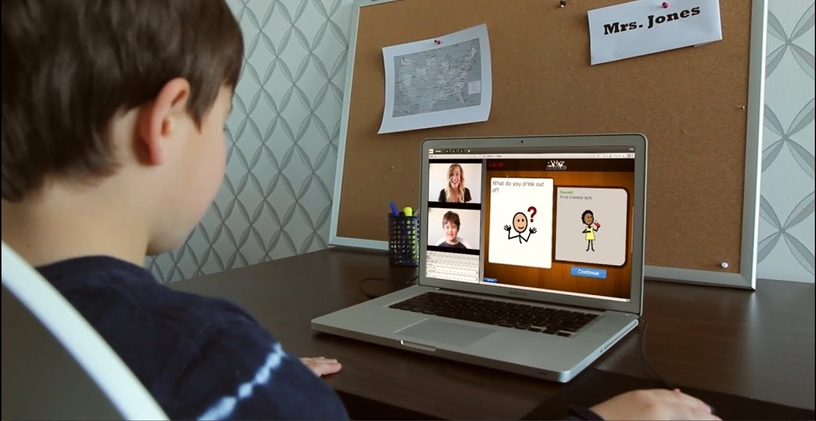What Does Aspiration Mean?

Aspiration means you’re breathing foreign objects into your airways. Usually, it’s food, saliva, or stomach contents when you swallow, vomit, or experience heartburn. This is common in older adults, infants, and people who have trouble swallowing or controlling their tongues.
Most of the time aspiration won’t cause symptoms. You may experience a sudden cough as your lungs try to clear out the substance. Some people may wheeze, have trouble breathing, or have a hoarse voice after they eat, drink, vomit, or experience heartburn. You may have chronic aspiration if this occurs frequently.
Read on to learn what increases your risk for aspiration, complications, treatment, and more.
What Causes Aspiration?
Some people refer to this as food “going down the wrong way.” This can happen due to reduced tongue control or poor swallowing reflexes. The average person can usually cough out a foreign object before it enters the lungs.
People who experience aspiration tend to have problems with:
- reduced language control
- abnormal swallowing reflex
- neurological disorders
- esophageal (esophageal) disorders
- throat surgery
- dental problems
What Are the Complications of Aspiration?
Aspiration increases your risk for aspiration pneumonia. This is a condition where pneumonia develops after you’ve inhaled bacteria (through food, drink, saliva, or vomit) into your lungs. Too much liquid in your lungs can also result in a pulmonary edema, which puts a strain on your lungs.
In most cases, you won’t know you’ve developed pneumonia or pulmonary edema until you experience other symptoms such as difficulty breathing, coughing with mucus, and more.
What Increases Your Risk For Aspiration?
People with health problems that affect swallowing are at a higher risk for aspirating. These health conditions include:
- impaired consciousness
- lung disease
- seizure
- stroke
- dental problems
- dementia
- swallowing dysfunction
- impaired mental status
- certain neurologic diseases
- radiation therapy to the head and neck
- heartburn
- GERD
Aspiration in Older Adults
Older adults are also more likely to have a condition known as dysphagia, which is difficulty swallowing. It’s common among stroke patients and adults with dementia, Parkinson’s disease, GERD, multiple sclerosis, or other neuromuscular conditions.
Older adults who need a feeding tube are also at higher risk.
Aspiration in Children
Symptoms of aspiration may appear differently in children or infants. They may appear as:
- red face or grimacing facial expressions
- repeated lung infections
- slight fever after feeding
- weak sucking
Risk Factors
Conditions that increase the risk of aspiration in children and infants include:
- a cleft palate
- delayed growth because of premature birth
- Down syndrome
- cerebral palsy or neuromuscular diseases, such as spinal muscular atrophy
Children who aspirate have an increased risk for dehydration, malnutrition, weight loss, and other illnesses.
Treatment and Outlook
Aspiration in children may get better over time, depending on the cause. Treating the cause will often improve aspiration. You can also minimize your child’s risk by:
- making sure they have correct posture during feeding time
- thickening liquids as recommended by your speech therapist or physician
- practicing swallowing exercises with them
- changing the type of food so it’s easier to swallow
- avoiding giving a bottle to a baby who is lying down
In severe and high-risk cases, your child may need a feeding tube to ensure they get enough nutrition until their condition improves. Talk to your doctor if you think your child has problems with aspiration. It’s important to check that aspiration hasn’t developed into a complication.
What Will Your Doctor Look For?
Treatment for Aspiration
How To Prevent Aspiration
- Rest before your start your meals.
- Take small bites or cut food into smaller pieces.
- Swallow completely before drinking.
- Sit upright at 90 degrees when you eat.
- Choose food types that are easier for you to chew and swallow.
- Practice chewing and swallowing techniques, if provided.
- Visit your dentist on a regular basis.
- Avoid using sedative medications or medications that dry up your saliva before eating.
- Anyone can aspirate. People with healthy lungs tend to cough up the content they’ve inhaled. People with an underlying condition are at a higher risk for aspiration to develop into something more serious.







